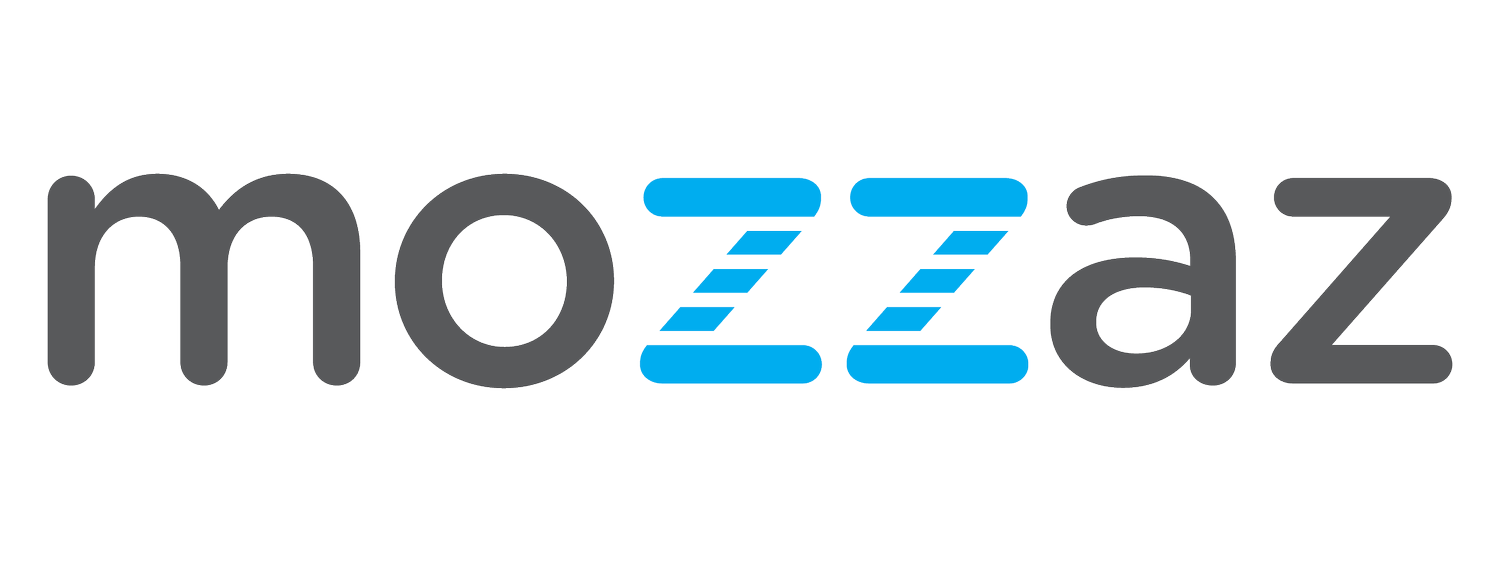Microsoft Is Spearheading a Technological Response To Our Mental Health Crisis
Many mental health care professionals have expressed concern that a mental health crisis is emerging because of the ongoing social isolation & stress caused by the COVID-19 pandemic. Professionals see a great need to augment traditional face-to-face meetings with some level of remote practice.
Microsoft has proven to be presentient in this regard, with remote therapy research and development well underway before the pandemic struck. In fact Microsoft has come forward as one of the leading innovators in the space, running projects that leverage their world-class Azure infrastructure and combine it with the latest in machine learning (artificial intelligence) to enable remote psychotherapy programs like internet-delivered Cognitive Therapy.
These programs combine artificial intelligence driven software with human coaches and therapists to provide enhanced and readily available psychological interventions, even when circumstances (like COVID-19) prevent participants from meeting in person.
Social isolation is not the only problem faced in the current environment – there is also a huge spike in demand for psychological services. New mental health technologies will also assist in solving this issue, as the AI software is capable of intervening without constant oversight. As a result, more people can be served by the existing base of mental health professionals. As this technology comes to market it will be possible to deliver interventions on the massive scale currently required.
What Is Microsoft Doing?
Right now, Microsoft is heavily involved in research in this field. Their ongoing Project Talia, a joint venture with SilverCloud Health, takes a human-centered approach to identifying how Machine Learning can assist with detection, diagnosis, monitoring and treatment of mental health issues. The project has already published a number of findings, available through their website, and continue to push the state of the art forward.
In the future we should expect to see easily accessible remote therapy become a reality. We will also see new technologies that leverage machine intelligence to enhance the effectiveness of existing therapeutic methodologies.
Psychological health professionals and consumers should be excited about the profusion of helpful technologies waiting right around the corner.

